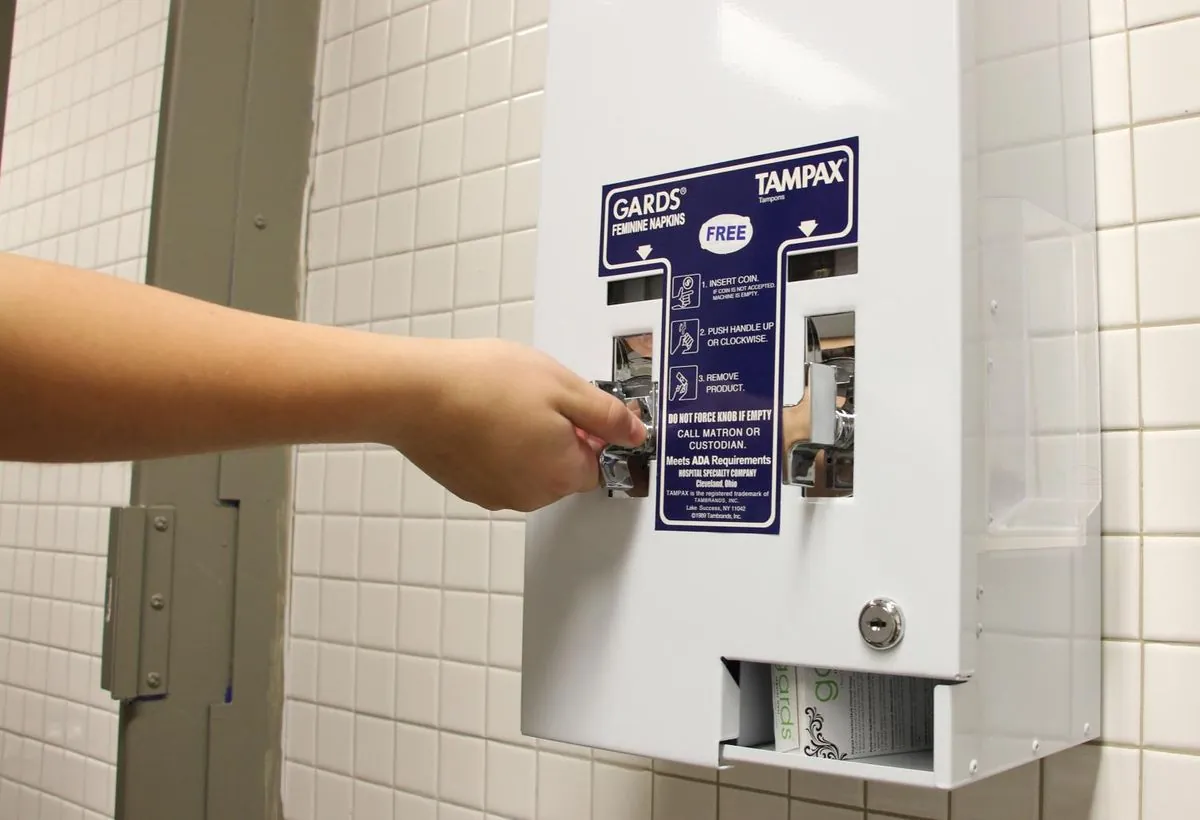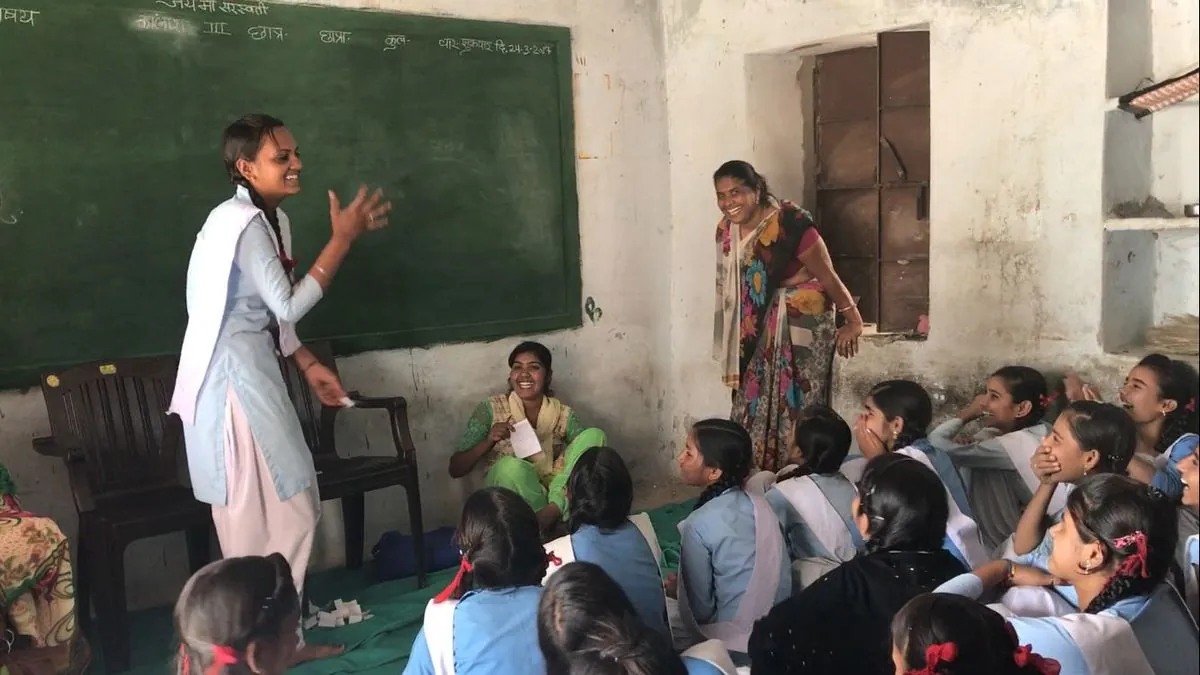Minnesota's Menstrual Product Law Sparks Political Debate
Minnesota's new law providing menstrual products in schools ignites controversy. Governor Tim Walz faces criticism after signing the bill, highlighting gender politics in the presidential race.

In May 2023, Tim Walz, Minnesota's governor, approved a comprehensive education bill that included a provision for state-funded menstrual products in public school restrooms. This decision, aimed at addressing period poverty and ensuring equal access to education, has unexpectedly thrust Walz into the spotlight of national politics.
The initiative began when Elif Ozturk, a high school student, approached state Representative Sandra Feist about the need for accessible menstrual products in schools. Feist, recognizing the importance of the issue, introduced a bill to address this concern. "We do not expect students to bring their own toilet paper to school," Feist and her colleagues argued in a Star Tribune essay, emphasizing the necessity of providing these essential items.
The bill's gender-neutral language, intended to be inclusive of all students who menstruate, sparked debate. Despite attempts to restrict the products to specific restrooms, the legislature maintained the inclusive approach. This decision reflects a growing awareness of menstrual health issues. For instance, period poverty affects millions globally, impacting education and work opportunities.

The law's passage coincided with other significant educational reforms, including the establishment of 5,200 new Voluntary Pre-Kindergarten seats and increased funding for mental health professionals in schools. These changes aim to create a more supportive and inclusive learning environment for all students.
However, the menstrual product provision has become a focal point of political discourse, particularly after Kamala Harris selected Walz as her running mate in August 2024. Critics on the right quickly dubbed him "Tampon Tim," a nickname that reflects broader gender politics in the presidential race.
This reaction highlights the ongoing debate about masculinity and gender norms in American politics. The criticism of Walz for supporting menstrual product access echoes a strain of rhetoric that equates such support with weakness or lack of masculinity. This perspective overlooks the practical benefits of the policy, such as reducing school absenteeism due to lack of menstrual products.
Recent polling by Marist University for NPR and PBS NewsHour reveals the gender divide in voter preferences. As of August 2024, Harris holds a 13-point edge with women voters, while her opponent leads among men. Interestingly, Harris has made significant gains with White women without college degrees, a demographic that previously strongly favored her opponent.
The controversy surrounding Minnesota's menstrual product law and the subsequent political fallout demonstrate the complex intersection of public health policy, education, and gender politics in contemporary America. As the presidential race progresses, it remains to be seen how these issues will influence voter preferences and shape the national conversation on gender equality and access to essential health products.
"We do not expect students to bring their own toilet paper to school. We shouldn't assume that all students can afford and provide their own menstrual necessities either."
This debate serves as a reminder of the ongoing challenges in addressing menstrual health and hygiene. It's worth noting that menstruation typically begins between ages 10-15 and ends around 45-55, affecting individuals for a significant portion of their lives. The average person who menstruates uses approximately 11,000 tampons in their lifetime, underscoring the importance of accessible and affordable menstrual products.
As the political discourse continues, it's crucial to remember the core issue at hand: ensuring that all students have equal access to education, unhindered by lack of essential health products. The outcome of this debate may have far-reaching implications for similar policies across the nation.


































